Artificial intelligence will be able to help diagnose patients with Alzheimer’s disease and dementia. In a breakthrough study, Boston University researchers developed an AI program that detects cognitive impairment accurately from voice recordings.
This machine learning-powered computational model automates the process of neuropsychological exams and will allow it to move online.
“This approach brings us one step closer to early intervention,” says study co-author Ioannis Paschalidis, BU College of Engineering Distinguished Professor of Engineering, in a statement.
Paschalidis explains that “faster and earlier detection of Alzheimer’s could drive larger clinical trials that focus on individuals in early stages of the disease and potentially enable clinical interventions that slow cognitive decline. It can form the basis of an online tool that could reach everyone and could increase the number of people who get screened early.
Boston University researchers trained the AI model by using audio recordings of neuropsychological interviews from over 1,000 individuals. The AI program transcribed interviews and encoded them into numbers after using automated online speech recognition tools and a machine learning technique called natural language processing that helps computers understand text. A final AI model was trained to evaluate the prospect and severity of an individual’s cognitive impairment using demographic data, text encodings and diagnoses from neurologists and neuropsychologists.
The computer model not only distinguished between healthy individuals and those with dementia, but also detected differences between those with mild cognitive impairment and dementia. Paschalidis says the quality of the recordings and how people spoke were less important than the content of what they were saying.
“It surprised us that speech flow or other audio features are not that critical; you can automatically transcribe interviews reasonably well, and rely on text analysis through AI to assess cognitive impairment,” explains Paschalidis.
The study also analyzed screening before symptom onset. Researchers discovered that the Boston Naming Test — where clinicians ask patients to label a picture using one word — was most informative for an accurate dementia diagnosis.
“This might enable clinicians to allocate resources in a way that allows them to do more screening, even before symptom onset,” says Paschalidis. “Our models can help clinicians assess patients in terms of their chances of cognitive decline, and then best tailor resources to them by doing further testing on those that have a higher likelihood of dementia.”
Boston University researchers are looking for volunteers to take an online survey and submit an anonymous cognitive test to help them refine their AI model.
The study is published in Alzheimer’s & Dementia: The Journal of the Alzheimer’s Association.
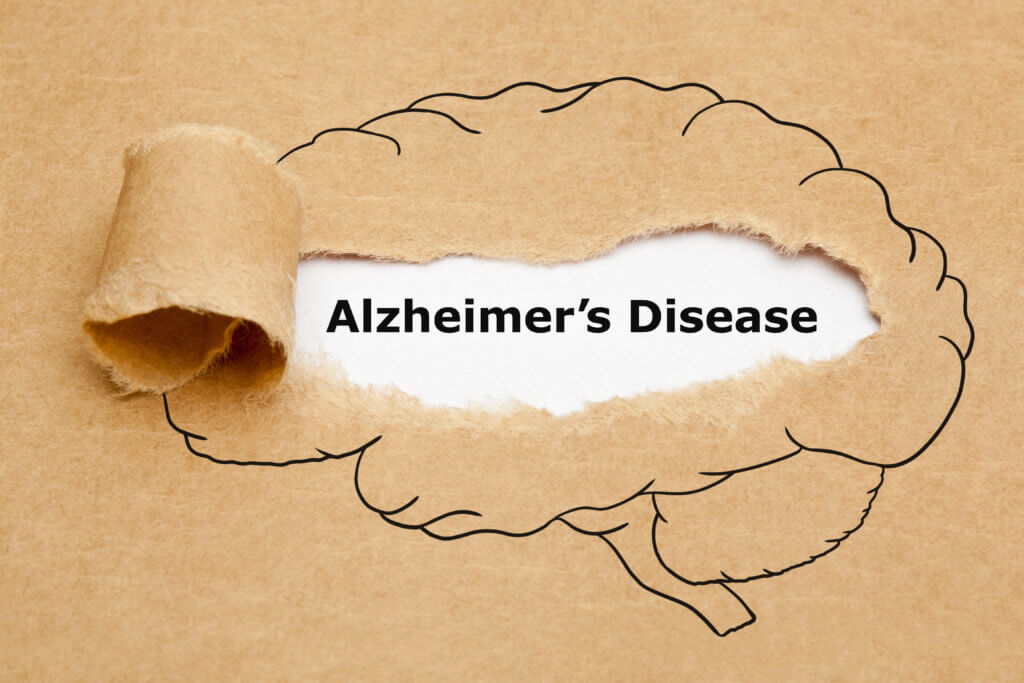



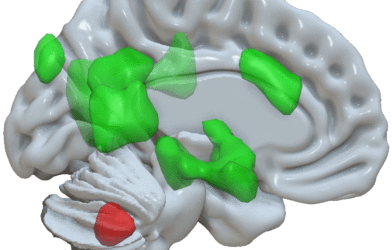

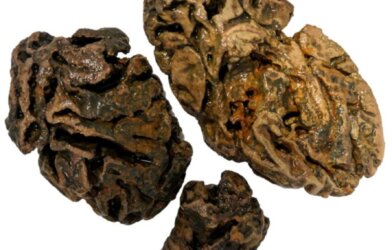

-392x250.jpg)

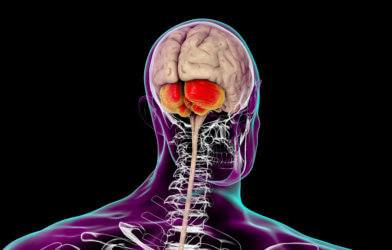
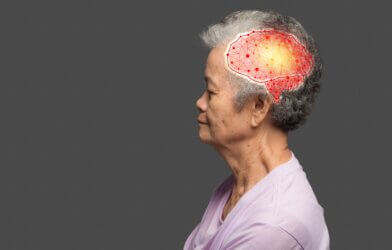

Have recent recordings of Biden been examined for impairments. Hopefully this will help explain his abnormal speech patterns and memory voids.